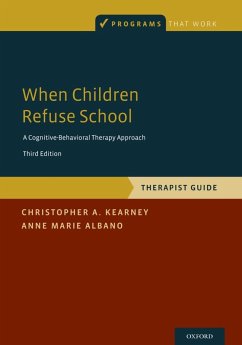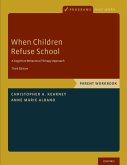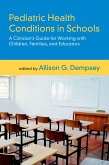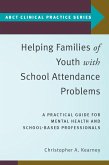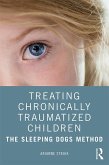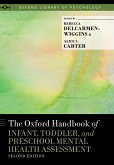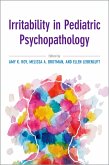Many children and teenagers refuse to attend school or have anxiety-related difficulties remaining in classes for an entire day. School refusal behavior can contribute to a child's academic, social, and psychological problems, impact a child's chances for future educational, financial, and personal success, and significantly affect family functioning. Cognitive Behavioral Therapy (CBT) has been shown to be a highly effective treatment for youth who exhibit this behavior. The third edition of
When Children Refuse School, Therapist Guide, provides an updated multi-tiered approach model that can be used to effectively address the main types of school refusal behavior. The Guide introduces new material on very severe and chronic cases of problematic absenteeism, including alternative educational avenues and expansion of manual procedures, for children and adults. This manual includes tools for assessing a child's reasons for school refusal behavior and is based on a functional, prescriptive model. It presents well-tested techniques arranged by function to tailor treatment to a child's particular characteristics. Each treatment package also contains a detailed discussion of special topics pertinent to treating youths with school refusal behavior, such as medication, panic attacks, and being teased. A corresponding workbook is also available for parents, who often play an important part in a child's recovery. This comprehensive program is an invaluable resource for clinicians treating school refusal behavior.
Dieser Download kann aus rechtlichen Gründen nur mit Rechnungsadresse in A, B, BG, CY, CZ, D, DK, EW, E, FIN, F, GR, HR, H, IRL, I, LT, L, LR, M, NL, PL, P, R, S, SLO, SK ausgeliefert werden.

